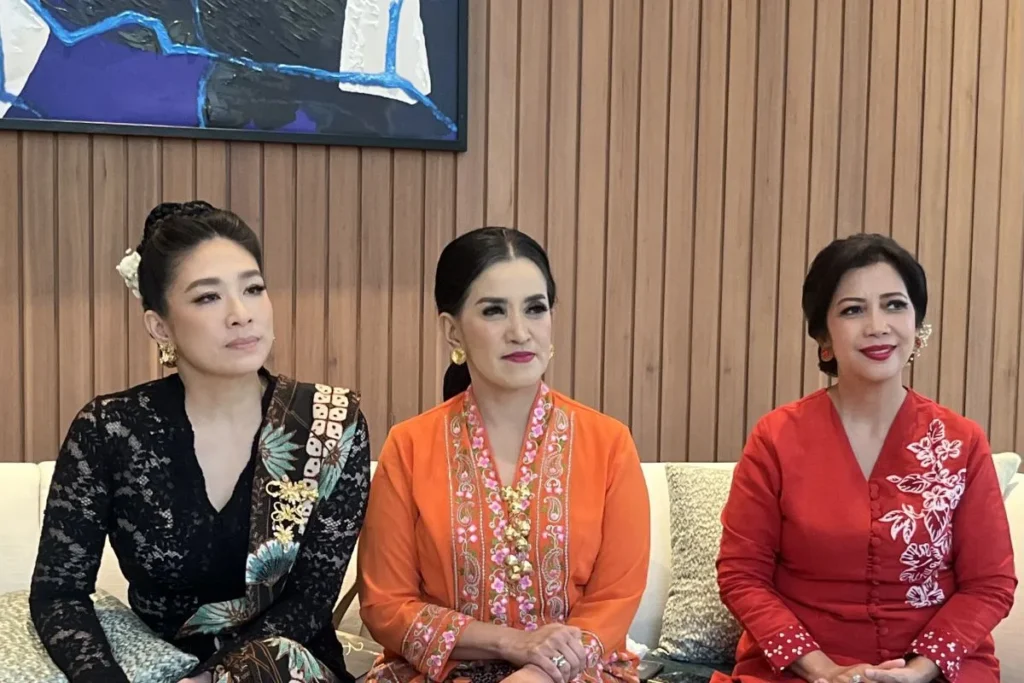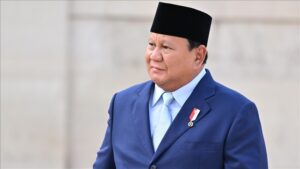Indonesia’s Kebaya Team Pushes for UNESCO Recognition as Intangible Cultural Heritage

Jakarta, The Gulf Observer: The national kebaya team is intensifying its efforts to have the Indonesian kebaya recognized as a UNESCO Intangible Cultural Heritage. This initiative, which originated from the community, aims to celebrate and preserve the cultural significance of the traditional garment.
In a media gathering on Saturday, Lana T. Koentjoro, chair of the national kebaya team, explained that the push for UNESCO recognition was driven by the community itself. “The submission for the nomination must come from the community, not directly from the government. The community is the one who encourages the government to take further steps,” Koentjoro said, emphasizing the role of public engagement in the process.
The initiative has garnered strong support from the Indonesian government, particularly through the former Ministry of Education, Culture, Research, and Technology, which issued a letter of recommendation for the kebaya’s inclusion.
The national kebaya team’s agenda includes several key goals: advocating for the establishment of National Kebaya Day, submitting the kebaya to UNESCO for recognition, and ensuring its preservation as a cultural heritage. In addition, the team is working to promote the kebaya on the international stage through cultural diplomacy.
Koentjoro further informed that the next step following the proposed National Kebaya Day will be to await UNESCO’s decision, which is scheduled to be announced on December 2, 2024, in Paraguay.
To raise awareness and appreciation for the kebaya, the team has organized major events, such as the Nusantara Kebaya Parade, which has taken place in various regions, including Solo (Central Java), Kalimantan, and North Sumatra. These parades have seen enthusiastic participation, with thousands of people donning kebayas to celebrate their cultural heritage.
In a bid to keep the kebaya relevant to younger generations, the national team has also collaborated with young designers to create modern versions of the garment that preserve its traditional values. Additionally, the team is documenting the history and development of the kebaya through publications and literary works to ensure its legacy is passed down.
The decision on UNESCO’s recognition of the kebaya is eagerly awaited, and the national kebaya team is hopeful that their efforts will bring global recognition to this iconic element of Indonesian culture.


